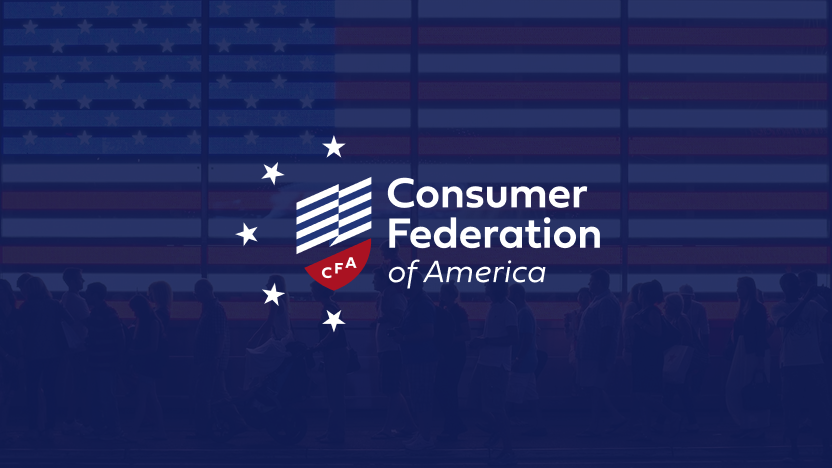Surveillance Advertising: New CFA Materials Explain How it Works and Why it Should be Banned

Washington, D.C. — Today Consumer Federation of America (CFA) released a series of fact sheets about surveillance advertising. Also known as targeted advertising or behavioral advertising, surveillance advertising is the practice of showing individual consumers different advertisements based on inferences about their interests, demographics, and other characteristics drawn from tracking their activities over time and space. “Surveillance advertising raises many concerns for consumers, including the potential for discrimination, manipulation, unfair treatment, identity theft, and law enforcement access to personal information,” said Susan Grant, CFA’s Director of Consumer Protection and Privacy.
The fact sheets are intended to help policymakers, advocates, and the general public understand how surveillance advertising works, how the tracking is done, how discrimination and other adverse impacts may occur, who really benefits from surveillance advertising, and why contextual advertising is a good alternative.
“It is extremely difficult for consumers to avoid the tracking and profiling that underpins the surveillance advertising ecosystem,” Grant noted. “Because the risks of surveillance advertising outweigh the benefits, CFA and many other consumer, privacy and civil rights groups have called for it to be banned.”
In addition to the fact sheets, the new resources at /media/uploaded/post_22565/file_580730 include a diagram of the surveillance advertising system and an infographic. At the end of each online fact sheet is a link to a printable version.
“The failure to establish a legal framework to protect privacy in the United States has given rise to a vast commercial surveillance infrastructure that doesn’t necessarily operate in the best interests of consumers or small businesses,” observed Grant. “It’s crucial to understand this in order to develop policies that will ensure more fair and equitable treatment of our personal information.”
Our Subject Matter Experts

Erin Witte
Director of Consumer Protection

Ben Winters
Director of AI and Data Privacy
Press Releases

Trump’s CFPB Once Again Harms Servicemembers

Anti-Competitive State Laws Cost New Car Buyers More Than $20 Billion Per Year

Congressional Proposal Does Little to Protect Consumers from Unknowingly Purchasing Wrecked Cars
